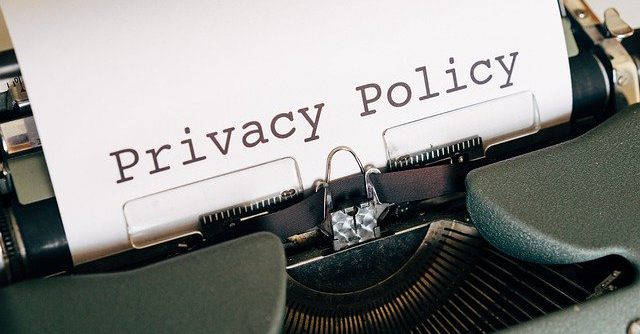
About 64% believe that sharing of data is needed to use digital services


Despite growing concern about data breaches in the increasingly digital world, around 64% of adults accepted that sharing their data was required to use online services. Moreover, they took the step despite declining trust in digital service providers, a report by Imperva claimed.
The report — No Silver Linings — also claimed that one in five (20%) of respondents don’t care how much data they share online, while 26% believe it’s “inevitable” that their data will be leaked so they don’t worry about it.
The report is based on an online YouGov survey of 6,773 consumers aged above 18 across the US, UK, Australia, and Singapore. The research reveals several significant trends related to consumers’ perception of trust, data security, and privacy.

As per the same report, even industries that handle the most valuable and sensitive data are not trusted by consumers. Only 37% trust financial services, 33% healthcare, and 29% government organisations, while a mere 5% trust retailers. More than a third (35%) of all consumers don’t trust any of these industries to adequately protect their data at all, as per the same report.
Also read: Three-fourths of global firms fear a cyber-attack in the next 12 months
“Consumers face a disheartening Catch-22 scenario: they need digital services to operate in modern life, but their trust in these services is deteriorating,” said Terry Ray, SVP and Field CTO at Imperva.

He also maintained, “Businesses need to focus on who is accessing their data and protecting the paths a cybercriminal might exploit to get to the data. Investing in data-centric security must be part of every organisation’s strategy as consumers grow increasingly cynical of the services they use.”
The survey has also figured that 79% of those who have discussed private topics admit they could face serious consequences if their discussions online were leaked. While nearly half (47%) of the respondents claim that it would ruin their relationships with friends or family, 39% say it would impact their mental health, and 28% would be left open to blackmail. Further, respondents claim they could lose their job (22%), their partner (19%), or even custody of a child (10%), as per the same survey.
Youth aged between 18-24 years are more comfortable sharing data are twice as likely to share information on their mental health openly. At the same time, this generation is concerned about their online reputations: 15% are concerned about someone taking over their social media account, and 21% worry about a deepfake video — especially women — of them circulating online, as per the research.

